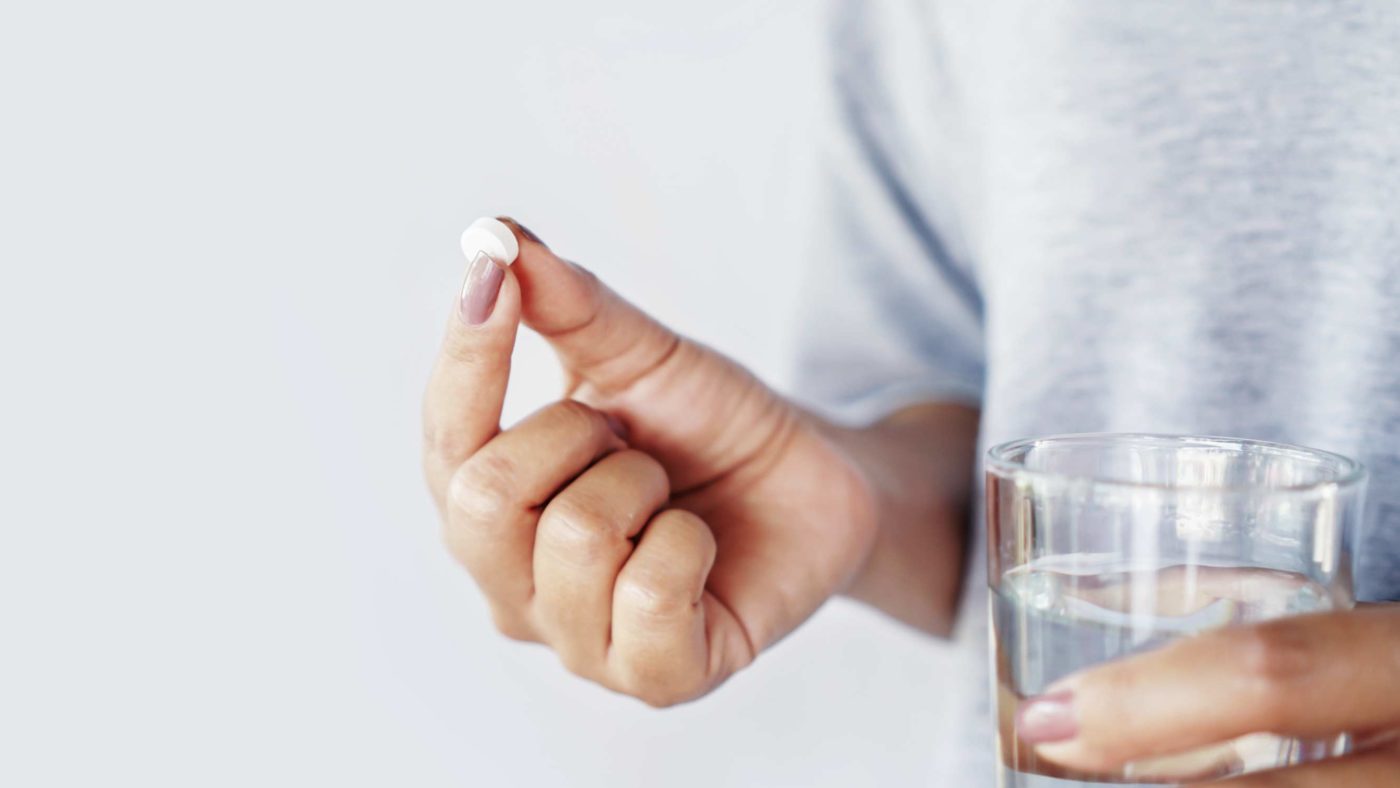In the hubbub about boosters, lockdowns, antivirals and monoclonal antibodies, one potential defence against Omicron has been overlooked. Already widely used and approved for depression as a cheap generic, fluvoxamine (‘fluvox’) could be quickly deployed at scale. The large trial using it to treat Covid was stopped, not because the drug was ineffective, but because it was so clearly better than the placebo that it would have been immoral not to give it to those on the placebo. If the trial results are borne out, it could sharply reduce deaths and hospital admissions and help preserve personal freedom. But, for some reason, the Government apparently has no plans for it.
If recent trials are to be believed, fluvoxamine could reduce hospitalisation by 32%, saving £4,000 per patient, and perhaps cut deaths by over one third, not to mention saving vital hospital beds for other patients at this crucial time. It’s cheap, at just £4 for a complete 10-day course, it keeps at room temperature and could even be posted. Respected pharma expert Derek Lowe and Florida’s Surgeon-General have called for it to be used. Another expert told the Wall Street Journal that it ‘may end up being standard of care’. This should be a total no brainer.
So why aren’t we using it already?
One reason is that the NHS is not set up to rapidly provide drugs to patients outside hospitals after a positive PCR result, as would be necessary for fluvoxamine to work against Covid. But any number of logistics providers could, given a simple name and address for each package. If necessary, we could bypass legal red tape with a one-page bill that a parliamentary agent could draft in a day and Parliament could pass the next. Then it would simply be a matter of finding a competent logistics provider and we could scale up deliveries very rapidly indeed.
Nor is this some novel, untested treatment. Fluvoxamine was one of the first of the new treatments for depression known as selective serotonin reuptake inhibitors or ‘SSRIs’. It has been available in Switzerland since 1983 and the US since 1994, generating plenty of data on its safety profile in various patient groups. It is a generally well tolerated and relatively safe drug, whose most common side effect is nausea. The doses given in the largest trial for Covid treatment are in line with doses prescribed for depression, so adverse events and effects are likely to be comparably small. It is so safe that in a study of 1,497 patients, adverse events were more common in patients who got the placebo than those who got fluvoxamine.
A small and highly competent team could set things up using an external contractor in short order. When Test and Trace gets a positive PCR result, it could notify the contractor’s onsite pharmacist of each case, which could provide a simple online form for the patient to qualify for treatment. Because many of the vulnerable may not be Internet-savvy, it should then call those who do not respond, using trained laypeople to walk them through the questionnaire.
The contractor’s pharmacist can then prescribe treatment to qualifying high-risk patients under a Patient Group Direction issued by national government and order immediate overnight despatch. That will save overburdened GPs from the extra cost and time of prescribing to high risk patients, allowing it to be prescribed rapidly after a positive result. If we tried to force GPs to do all this themselves in large numbers and at high speed they would revolt, and not unreasonably.
Why hasn’t fluvoxamine already been tried at scale for Covid in England? Partly because it doesn’t fit into the highly successful hospital-based RECOVERY trials that discovered dexamethasone and other treatments. Those treatments are generally only given to severe cases, once they are already in hospital. They often require infusion through an intravenous cannula. Fluvox, on the other hand, is a simple pill that can be taken at home. It must also be taken soon after developing symptoms, before they become serious enough to require admission to hospital.
As Omicron threatens the UK with another winter of overwhelmed hospitals, even modest reductions in hospitalisation could be the difference between a functioning NHS and one that is falling apart. In the largest randomised controlled trial in Brazil, ‘TOGETHER’, participants took fluvoxamine 3-4 days after they developed symptoms. Researchers found that it reduced hospital admissions and lengthy A&E stays by over 32%. The trial was ended early because fluvox was so clearly better than the placebo that it was unethical to continue. That meant that, unlike for hospitalisation, technical measures of statistical significance were not reached for ventilation, mortality and viral clearance. But that should make us more willing to trial it at huge scale with the process we suggest above, not less.
Although there were too few deaths overall for those numbers to have statistical significance, the raw numbers from TOGETHER showed 17 vs 25 deaths in the fluvox and placebo arms respectively (and even better for patients who complied properly with the protocol).
No big pharma manufacturer will bother to press for fluvox or fund further expensive trials: they have no patent and so it has insufficient profit for them. It will require an ambitious government moving at high speed to save lives and preserve as much liberty as possible. The British government has previously shown what it can achieve. It is time to step up again.
Click here to subscribe to our daily briefing – the best pieces from CapX and across the web.
CapX depends on the generosity of its readers. If you value what we do, please consider making a donation.


